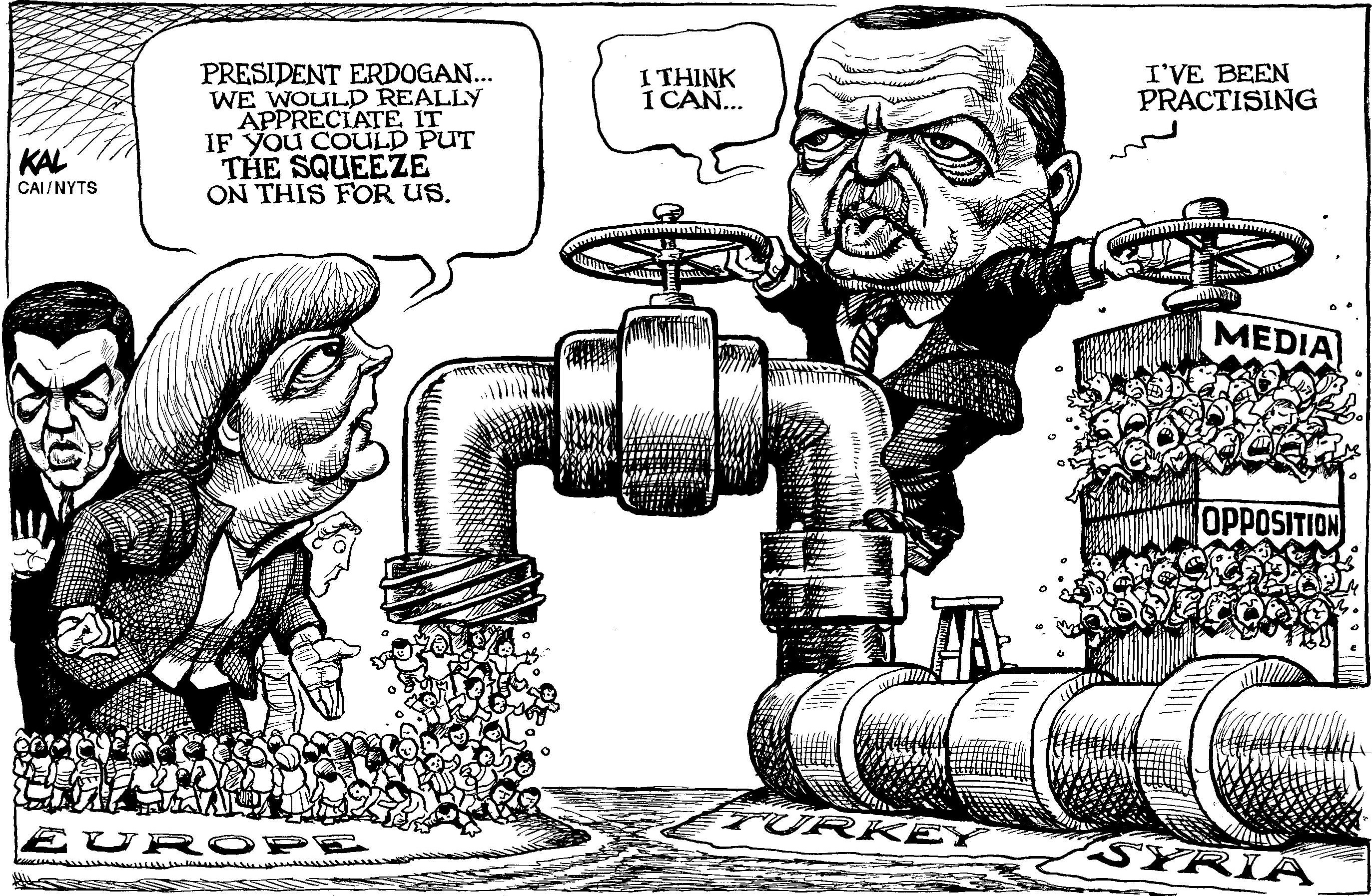The Republic of Turkey, long a democratizing Muslim country solidly in the Western camp, now finds itself internally racked and at the center of two external crises, the civil war in next-door Syria and the illegal immigration that is changing European politics. The prospects for Turkey and its neighbors are worrisome, if not ominous.
The key development was the coming to power of Recep Tayyip Erdogan in 2002, when a fluke election outcome gave him total control of the government, which he then brilliantly parlayed into a personal dominion. After years of restraint and modesty, his real personality — grandiloquent, Islamist and aggressive — came out. Now, he seeks to rule as a despot, an ambition that causes his country incessant, avoidable problems.
Initially, Erdogan's disciplined approach to finance permitted the Turkish economy to achieve China-like economic growth and won him increasing electoral support while making Ankara a new player in regional affairs. But then conspiracy theories, corruption, short-sightedness and incompetence cut into the growth, making Turkey economically vulnerable.

















With your current subscription plan you can comment on stories. However, before writing your first comment, please create a display name in the Profile section of your subscriber account page.